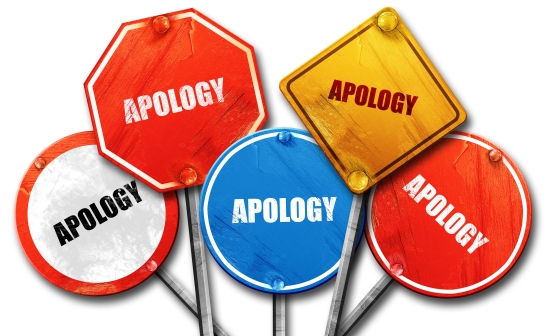The Seven Costs Of Unforgiveness
Similar to our legal system today, the ancient Roman legal system identified several levels of guilt with corresponding punishments for the crime of murder. One of their most severe penalties was chaining the dead body to the murderer – head to head, torso to torso, and legs to legs. The convicted person was sentenced to go through the remainder of their life chained to this decaying and rotting corpse.
Try to imagine how it would be with this dead body next to you while eating or trying to talk with your spouse and children. Imagine the difficulty with each passing day as the stench becomes more and more offensive, and the decaying corpse becomes increasingly stiff, making it difficult to do even the simplest tasks like sitting, sleeping, and eating.
There is no escape from the reminder of your crime. You are progressively more isolated from family and friends. It’s not difficult to understand many times the condemned person would lose their mind if they did not first die of inhaled putrefaction.
I think you would agree this form of bondage is a nasty thing to be subjected to, yet I believe we’re guilty burdening ourselves with something equally as gruesome and deadly when we refuse to forgive. The seven costs of unforgiveness are DESPAIR:
- D – Distance. When we remain unforgiving, distance is the result. Unforgiveness brings estrangement, divorce, and death. Unforgiveness separates us from another person. We cannot stay in a close relationship with a person when we remain unforgiving toward them.
- E – Emotions. Unforgiveness has an emotional toll on our lives. Bitterness and depression replace joy. Anxiety and upset displaces peace. Short temperedness displaces patience. Hardheartedness displaces kindness. Meanness replaces goodness. A demanding nature replaces gentleness.
- S – Scapegoat. A state of unforgiveness can bring us to scapegoating where we transfer blame and say very bitterly, “It’s your fault that I’m the way I am!” Scapegoating says the responsibility is upon the other person to change. I don’t accept responsibility. You’ve got all the meanness and wrong. You get with it, and I’ll consider whether I want to change or not.
- P – Punishment. Not only is somebody responsible for the way that I am, but someone is going to pay, and I’m going to make them pay. You exact punishment of them. Who needs forgiveness when he’s already paid? Forgiveness does not demand the other person to pay up.
- A – Alienation. Different from distancing. Distance is physical removal. Alienation stands for inward removal. The bitterness resulting from unforgiveness leads to estrangement. It says, “I’ve been hurt. Everybody’s against me. Nobody cares.” You become cynical, uncaring, caustic, and critical.
- I – Illness. Bad emotions can produce illness, and that is a high cost. If there’s a high degree of unforgiveness in our lives, it works on our physical system. High blood pressure, upset digestive works, ulcers, nerves, breakdowns, and coronary attacks can be linked to emotional conditions.
- R – Retention. Refusing to forgive stops the flow of healing processes in your life.
If you chose to hang onto the hurt and resentment, you could expect to continue experiencing the items above. I think you’ll agree DESPAIR is not worth it.
Are lugging a dead body around? Are you tired of the stench? Get rid of it and forgive.




